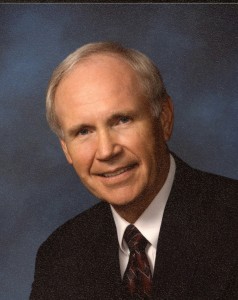
Goal and Audiences for this Website
Welcome! Certainly feel free to contact me if I can be of assistance in answering any of your questions about this website.
WEBSITE GOAL: To present an overview of several formal and informal- interdisciplinary course opportunities related to understanding and/or quantifying the dynamics of “change” in societies of all types and sizes, from families to nations, with a special focus on issues associated with “sustainability”.
PRIMARY AUDIENCE: Graduate students from any discipline who wish to advance their understanding of sustainability through two interdisciplinary graduate courses that focus on conceptualizing (BENG/OMGT 5633-“linkages”) and quantifying (BENG 5613-“modeling”) the dynamic linkages among technology, economics and societal values.
SECONDARY AUDIENCE: Those who wish to become more enlightened about understanding the nature of change conceptually, historically and statistically through workshops, seminars and presentations.
PERSONAL AND PROFESSIONAL CHARACTERISTICS TO CONSIDER: The above courses are not equally well suited for all, so consider the following observations before deciding to enroll:
- Those who greatly enjoy the “linkages” course especially like the “give and take” interactions with those having different backgrounds, expertise, experiences and perspectives.
- Those who enjoy the “modeling” course have a “programmer’s mindset” sufficient to develop dynamic computer models [which includes for this class using both a spreadsheet (Excel) and a formal System Dynamics simulation language (Vensim PLE).
- Each of the above courses is best suited for those who have an interest in using systems analysis to explore what the foreseeable future holds in terms of sustainable prosperity and well being as impacted by changes in technology and policy.
SPECIAL PROBLEM/TOPIC OPPORTUNITIES: The website discusses some special opportunities the above courses may offer, especially for MSE and OMGT students with an interest in taking a “special problems” course that focuses on analyzing and simulating the interactions among complex biological, technological, economic and societal value systems, especially as related to sustainability.
OTHER: The Frequently Asked Questions page address issues that may be of particular interest to some.
